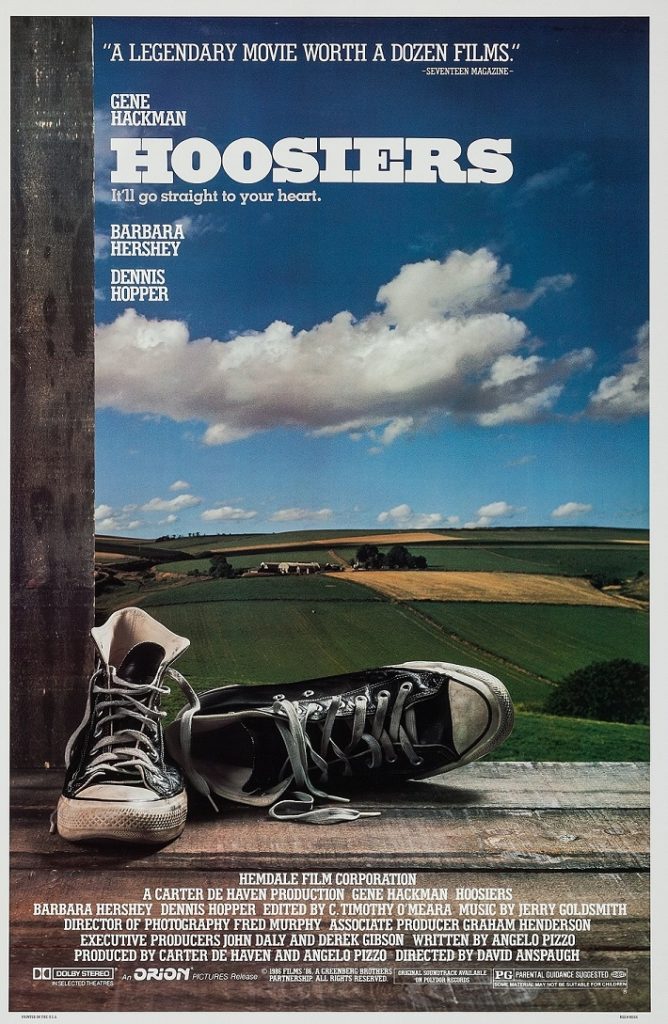
By Jim O’Neal
The last time I was in Buffalo, N.Y., was in October 1974. We were on a tour of supermarkets to improve our code dating discipline. Anytime we spotted a bag with an illegible date or past the stale point, we simply crumpled the bag and asked the store manager to have the Frito-Lay salesman replace it with no charge to the store. I was aware that Grover Cleveland had been sheriff of Erie County and personally hanged two murderers, but didn’t know that the Ball Brothers glass manufacturing company had moved their company to Muncie, Ind., in 1889 due to the abundance of natural gas. And, of course, President William McKinley got himself assassinated in Buffalo in 1901.
Muncie has become newsworthy ever since a landmark sociological study was undertaken there in the 1920s. It had been identified as the representative American community worthy of the title “Middletown.”
It started after Robert Lynd, a young seminary student, accepted an assignment to analyze the effectiveness of ministries by studying a Wyoming oil-drilling camp owned by Standard Oil of Indiana. The camp was a dismal collection of tents inhabited by 500 discouraged workers and their families. Lynd was successful in forging them into a viable community. He then wrote an article for an obscure journal, detailing the appalling conditions and attacking John D. Rockefeller Jr. (personally) as the one responsible.
In a twist of fate, Rockefeller – a devout Baptist with liberal ideas – had just formed a committee to study America’s religious practices. He wanted to reconcile capitalism of the early 20th century with his personal Protestant beliefs. So Rockefeller picked Lynd to head the “Small City Study” to prove it was truly independent. Their charter was to look at social problems arising from industrialization – “ascertain[ing] the religious, ethical and capability of people” in a single industrial city.
Lynd chose Muncie since it fit certain criteria: small (38,000), Midwestern and economically diverse. Although 92 percent were “native white of native parentage,” Lynd claimed a homogeneous population permitted him to study cultural changes, unimpeded by racial or religious differences. It also reflected his deep belief that native-born Protestants represented the bedrock of American society and best hope for the country’s future success.
Robert and wife Helen Lynd arrived in Muncie in 1924 and quickly decided religion was too narrow and expanded the study to factory conditions, the Kiwanis and Rotary Clubs, and even the people’s reading habits. What they discovered was a city rushing into the 20th century, with rapid industrialization, farming to factories, kerosene to electricity, central heating, hot water in a tap and the telephone, automobile and railroads.
In 1929, they published Middletown: A Study in Modern American Culture, 500 pages detailing a rigid class system and gradual erosion of values, with excessive materialism and consumerism in full bloom. Returning after the 1932 Great Depression, Lynd was totally disillusioned by American capitalism and looked with naive envy on the Marxist experiments in the Soviet Union.
Waves of subsequent sociologists have made their own journeys to Muncie, which today calls itself “America’s Hometown,” with a litter of empty storefronts, outlying Wal-Marts, factories shuttered, the Ball Brothers HQ now in Colorado, and a vibrant service economy. Locals have grown accustomed to being sampled and polled by outsiders. “Here, it’s something of a way of life,” said Muncie Star-Press editor Larry Lough.
I’d like to visit Muncie some day since I love Indiana basketball and in 1954, tiny Milan High School (enrollment 161) knocked off Muncie to win the state basketball championship. This was the inspiration for the 1986 film Hoosiers with Gene Hackman in one of my all-time favorites.
 Intelligent Collector blogger JIM O’NEAL is an avid collector and history buff. He is president and CEO of Frito-Lay International [retired] and earlier served as chair and CEO of PepsiCo Restaurants International [KFC Pizza Hut and Taco Bell].
Intelligent Collector blogger JIM O’NEAL is an avid collector and history buff. He is president and CEO of Frito-Lay International [retired] and earlier served as chair and CEO of PepsiCo Restaurants International [KFC Pizza Hut and Taco Bell].
